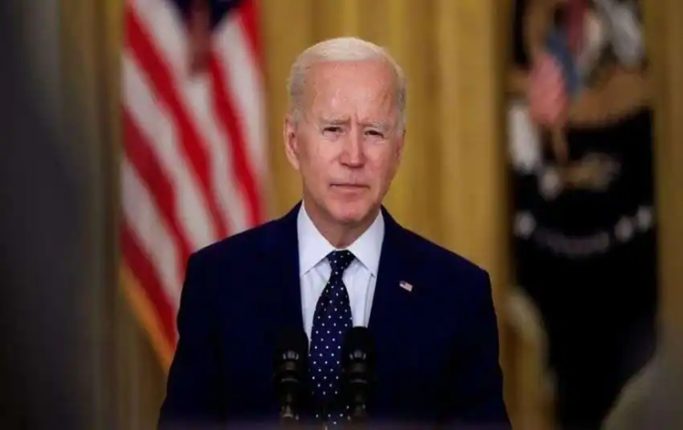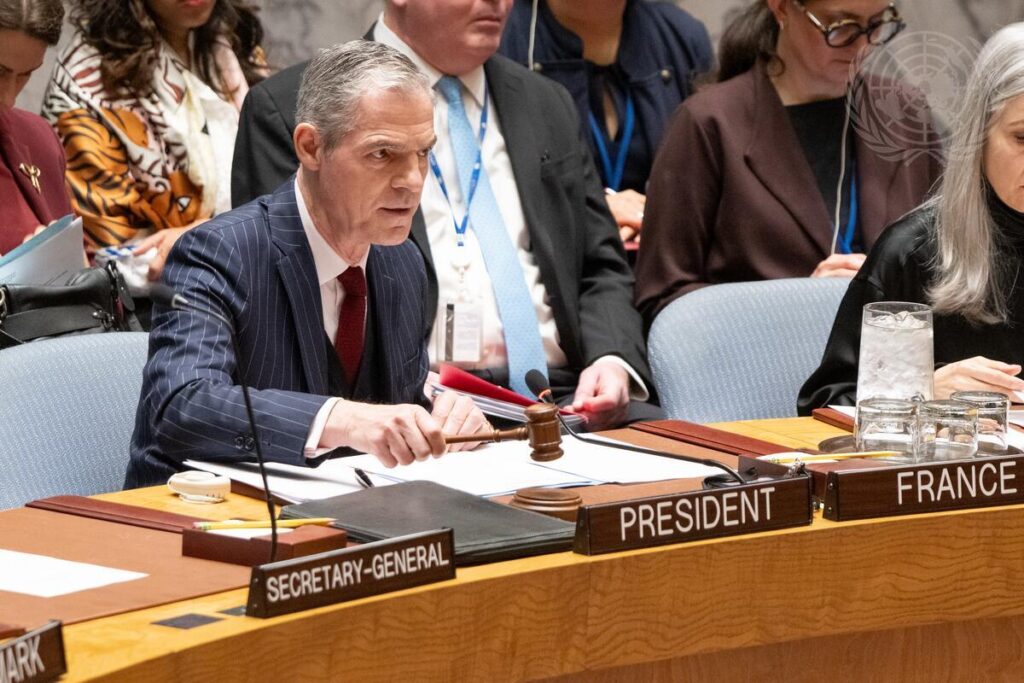U.S. imposes sweeping new sanctions targeting Russia over war in Ukraine

Washington also targeted the KUB-BLA and Lancet suicide drones being used by the Russian military in Ukraine, designating a network it accused of procuring items in support of their production as well as the creator and designer of the drones.
The United States on Thursday imposed sweeping new measures against Moscow over the war in Ukraine, targeting Russia’s future energy capabilities, sanctions evasion and a suicide drone that has been a menace to Ukrainian troops and equipment, among others, in sanctions on hundreds of people and entities.
The latest measures target a major entity involved in the development, operation and ownership of a massive project in Siberia known as Arctic-2 LNG, the State Department said in a statement. The project expected to ship chilled natural gas, known as liquefied natural gas to global markets.
Washington also targeted the KUB-BLA and Lancet suicide drones being used by the Russian military in Ukraine, designating a network it accused of procuring items in support of their production as well as the creator and designer of the drones.
The Biden administration on Thursday added a dozen Russian companies to a trade blacklist for supporting Russia’s military with drones that could be used to aid in Moscow’s invasion of Ukraine, the Commerce Department said in a statement.
The U.S. also cracked down on sanctions evasion in the United Arab Emirates, Turkey and China, as the Treasury Department said companies based in the countries continue to send high priority dual-use goods to Russia, including components Moscow relies on for its weapons systems.
Seven Russia-based banks and dozens of industrial firms were also hit with sanctions by the Treasury Department, including Gazpromneft Catalytic Systems LLC, which Treasury said manufactures chemical agents for advanced oil refining in Russia.
The Kremlin said on Thursday ahead of the action that it expected the West to impose ever tougher sanctions on it over the war, but that there was a growing sense that such penalties hurt Western interests while Russia’s economy was adapting well.









